Why are music lawsuits so widespread, and how can your business stay safe?
Music licensing is an oft-overlooked part of business, but has become impossible to ignore as digital and video content now dominates the market. Learn why licensing matters, and how you can use Epidemic Sound to avoid lawsuits.
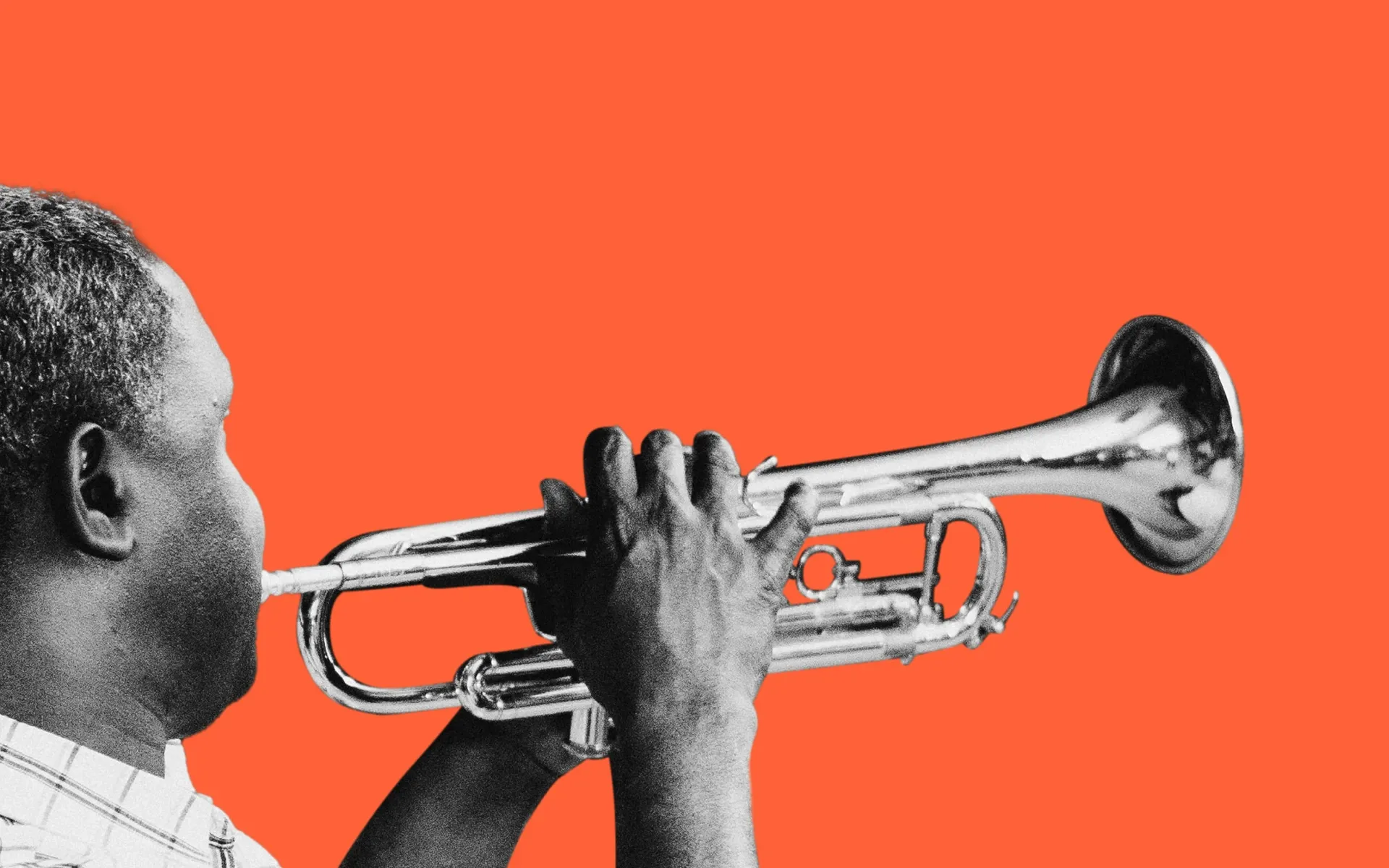
Johnson & Johnson. Hilton Hotels. Marriott. All leaders in their respective fields. Huge, globally renowned brands with reputations and balance sheets most businesses could only dream of.
They’re also just a few of the countless names who’ve been sued for alleged unlicensed music use. Sometimes, these cases appear accidental — it’s easy to forget to contact X rights holder or clear the rights for Y territory. Regardless, the consequences are undeniable.
The financial hit can be severe. Under US copyright law, the hit can be anywhere from $750 to $150,000 per infringed work. And that’s just the US — some cases have settled for lower and higher.
These cases can take months, years to resolve, and have the potential to cause irreparable reputational and financial damage. For something as life-affirming and crucial to content as music, this feels like a problem that could be avoided.
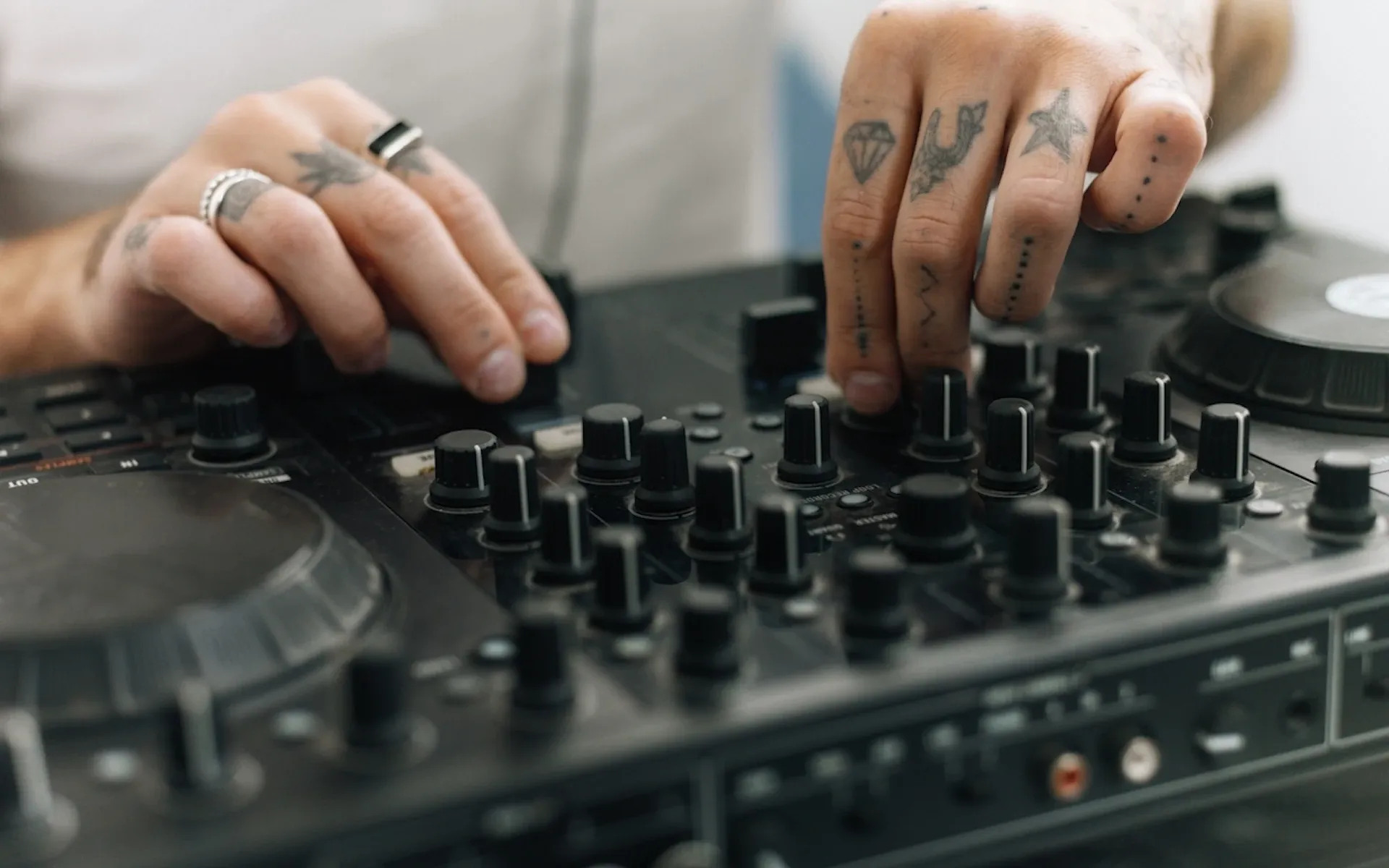
Today, we’ll break down the causes, outline the risks, and detail the strategies and frameworks you need to stay copyright-compliant and soundtrack your brand, your way.
We’ll cover:
- Music licensing 101: Basics for brands
- How do music licensing lawsuits happen?
- When brands get music licensing wrong
- Who needs to be aware of music licensing?
- How brands can protect themselves from music lawsuits
- Wrapping things up — getting music licensing right with Epidemic Sound
Music licensing 101: Basics for brands
Before we dig into the finer details, it’s worth getting up to speed with the music licensing basics for brands.
What is music licensing, and why is it important for brands?
Music licensing is a legal process in which a rights holder grants permission to use a piece of music. The terms differ from agreement to agreement — some are more expensive, complicated, and restrictive than others.
The license exists to protect the intellectual property of artists, writers, and other rights holders. In turn, music helps define sonic branding, transforming great content into iconic cultural moments.
As most tracks have more than one rights holder, the licensing process and the various agreements can be complicated. Usually, a brand must license both the musical composition and sound recording rights — they’re two different things. The complexity is often why mistakes happen.
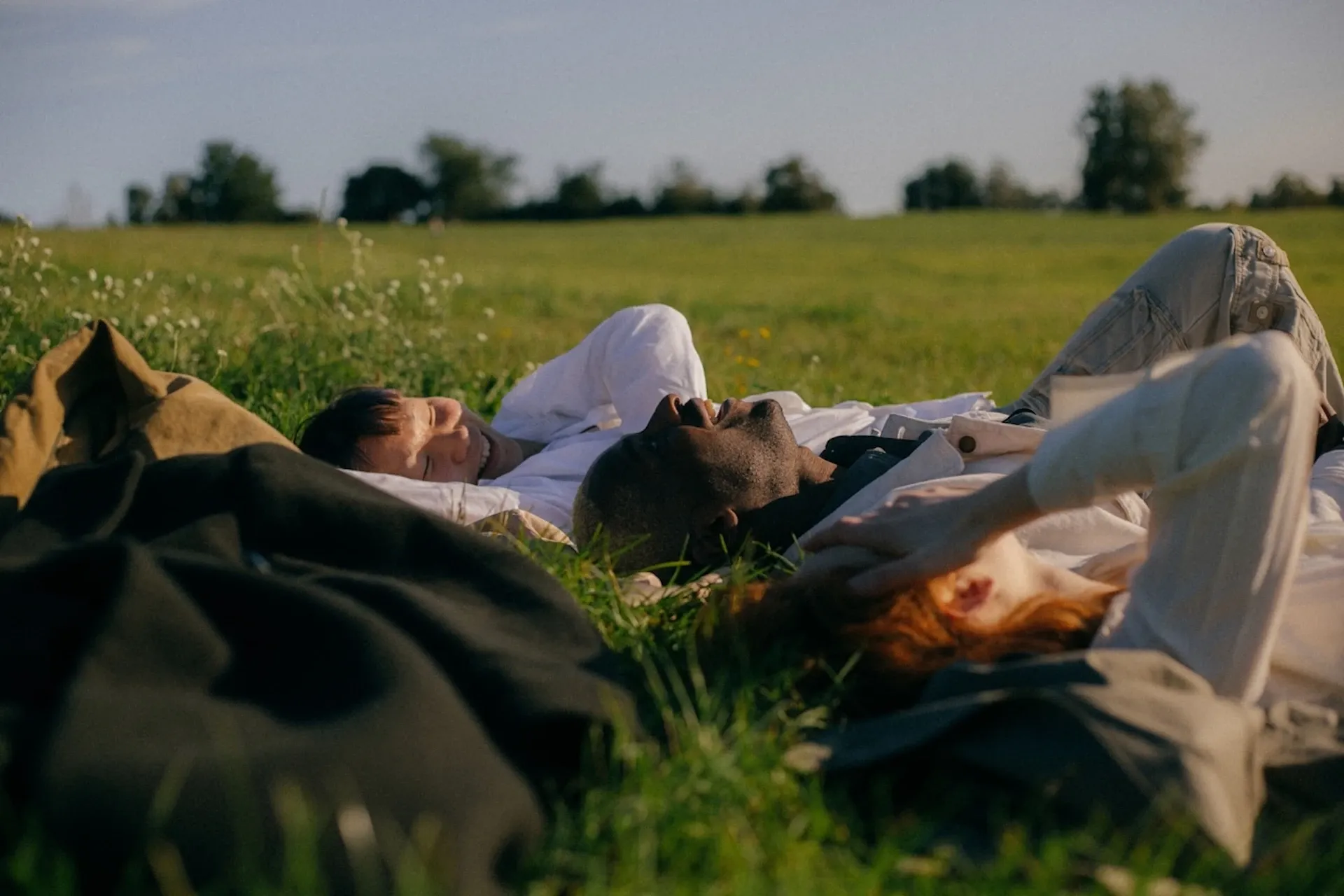
Common missteps brands make when using music
Music is everything, it’s everywhere, it’s all at once. Given that thousands of tracks are readily available on TikTok, Facebook, Instagram, and more, one could think that they’re free to use, without limits.
Access doesn’t equal permission, though. Here are just a few of the missteps brands make when using music in their content:
- Using “personal” accounts for business. Influencers often use popular, well-known tracks in their content — they may have a personal or commercial license, depending on the platform. That doesn’t give other businesses free reign to do the same, though. Always check what usage a platform allows.
- Assuming that licensed tracks are fair game for commercial use. Someone may have licensed a track for personal use, but unless they’ve licensed the necessary rights for their specific use case, they can’t use it commercially. The terms of each license, no matter how similar, need to be checked before use.
- Once a track is licensed, it’s cleared forever. A track’s license may only be valid during a certain time frame — something that was licensed for a campaign last year may need to be relicensed.
It’s a jungle out there. For a full breakdown of slip-ups, explore our article on music licensing myths. Otherwise, keep reading for more info on why music lawsuits happen, some notable examples, and how to protect your brand and content.
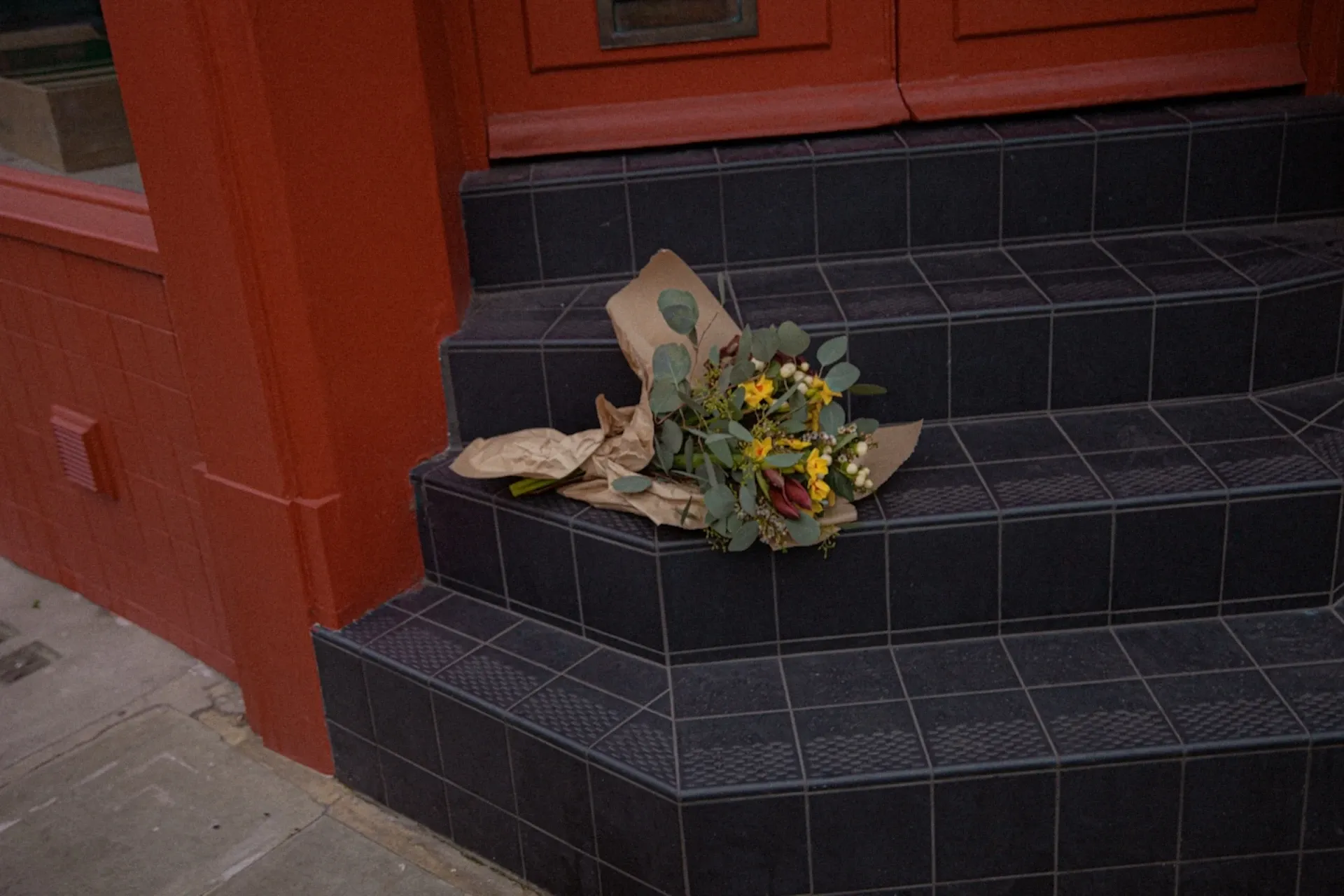
How do music licensing lawsuits happen?
Music licensing lawsuits could happen because, somewhere down the line, a mistake has been made. Let’s look at the main culprits.
1. The use oversteps the license
If a track has solely been licensed to appear on a podcast, that’s the only place it should be used. If a brand has this license but uses the track for television, radio, social media, or something else, there are grounds for legal action.
2. Not all rights have been cleared
A brand could use a track for a video production in good faith, having secured a license from the rights holder. However, not all rights may be vested with the same rights holder. Different rights for the same track could be divided between different labels, publishers, and collecting societies
3. The track’s provenance comes into question
Perhaps the track doesn’t sound quite right, or the rights holder has no record of the track being supplied. If the track was downloaded from a questionable “gray area” rather than official sources, any licensing agreement may not be valid.
4. A new platform doesn’t cover everything
If a brand soundtracks content on a new platform or medium, they’ll need to check what the music coverage looks like. Chances are that a new agreement will need to be drawn up to license the content in question.
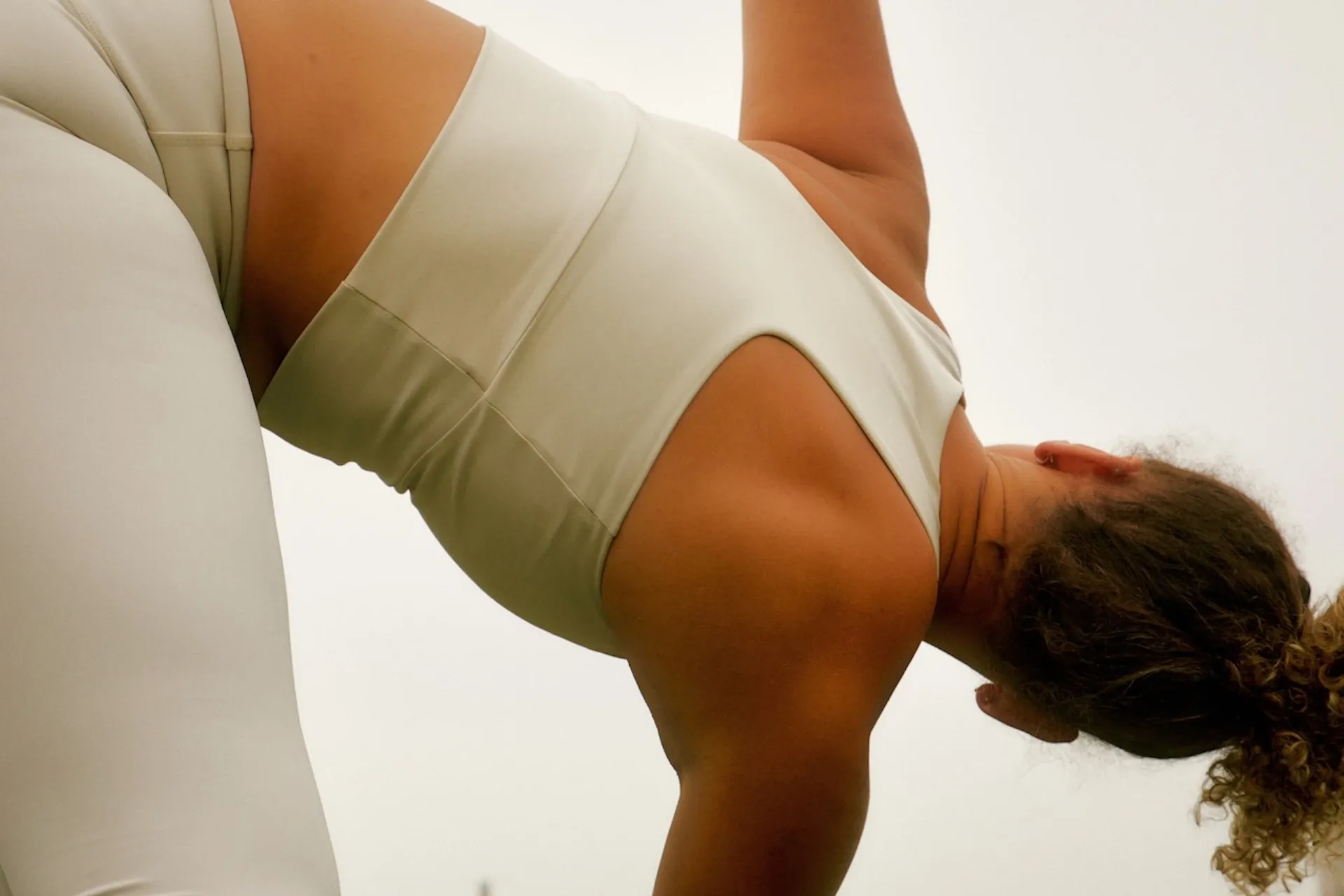
5. The rights have been ignored or misunderstood
Sometimes, brands just ignore the license, the rights. Other times, they may just misunderstand the agreement and accidentally misuse the music.
These cases often happen on social media. In 2021, Universal Music Group sued Bang Energy, an energy drink brand, for alleged copyright infringement on TikTok. Bang argued that because the music was available on TikTok, it was licensed — Universal countered that this doesn’t cover commercial use.
High-profile cases like Bang have set a precedent, with rights holders routinely seeking damages as high as $150,000 per infringing track.
When brands get music licensing wrong
Well-known retailers have been fined for using unlicensed in-store music. Brands have blasted copyrighted tracks during live events and promotional content without the correct license.
Businesses get music licensing wrong more often than you think — let’s dive into a few well-known music copyright cases.
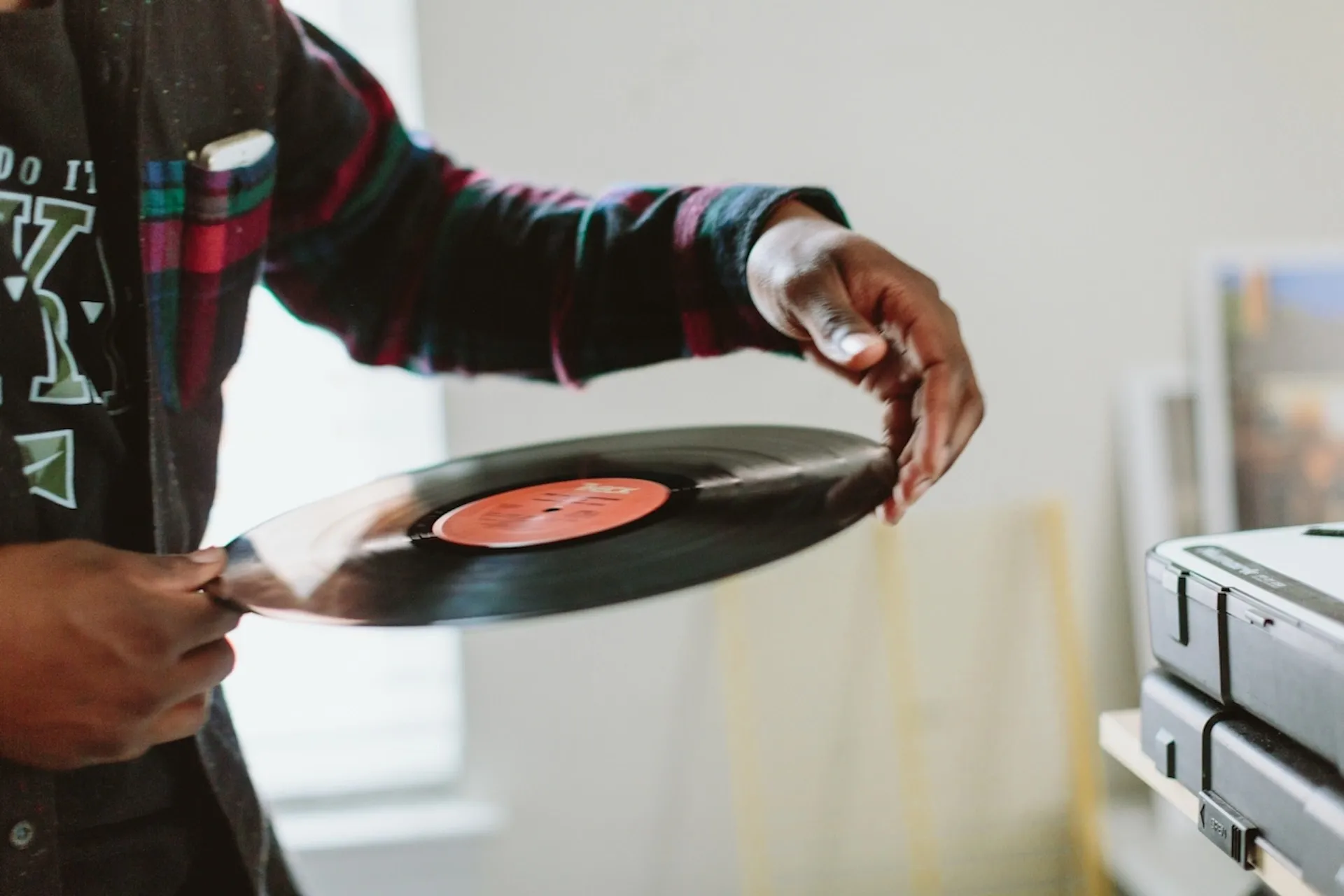
3 famous music copyright cases
1. X/Twitter vs. NMPA
In 2023, a group of music publishers sought damages against X/Twitter to the tune of $250 million. The plaintiff claimed that the social media giant had “knowingly facilitated, and profited from” roughly 1,700 unlicensed songs.
Plaintiffs included Universal Music Publishing Group, Sony Music Publishing, and Warner Chappell Music, seeking up to $150,000 per infringement.
The National Music Publishers’ Association (NMPA), the group under which the plaintiffs rallied, came prepared — this wasn’t their first rodeo. They’d already butted heads with Twitch a few years back, which resulted in a more robust copyright agreement with the platform.
This suit arrived at a sensitive time for X/Twitter — the platform was undergoing dips in advertising revenue, dwindling headcount, and organizational change. As of June 2025, the case is being settled out of court.
2. Johnson & Johnson vs. APM
Pharmaceutical heavyweight Johnson & Johnson faced a steep music copyright lawsuit last year, having allegedly used unlicensed music on YouTube and Facebook.
Associated Production Music (APM) alleged that “despite being repeatedly contacted by APM regarding [Johnson & Johnson]’s unlicensed uses of the Recordings, [Johnson & Johnson] has refused to obtain proper licenses or admit wrongdoing.”
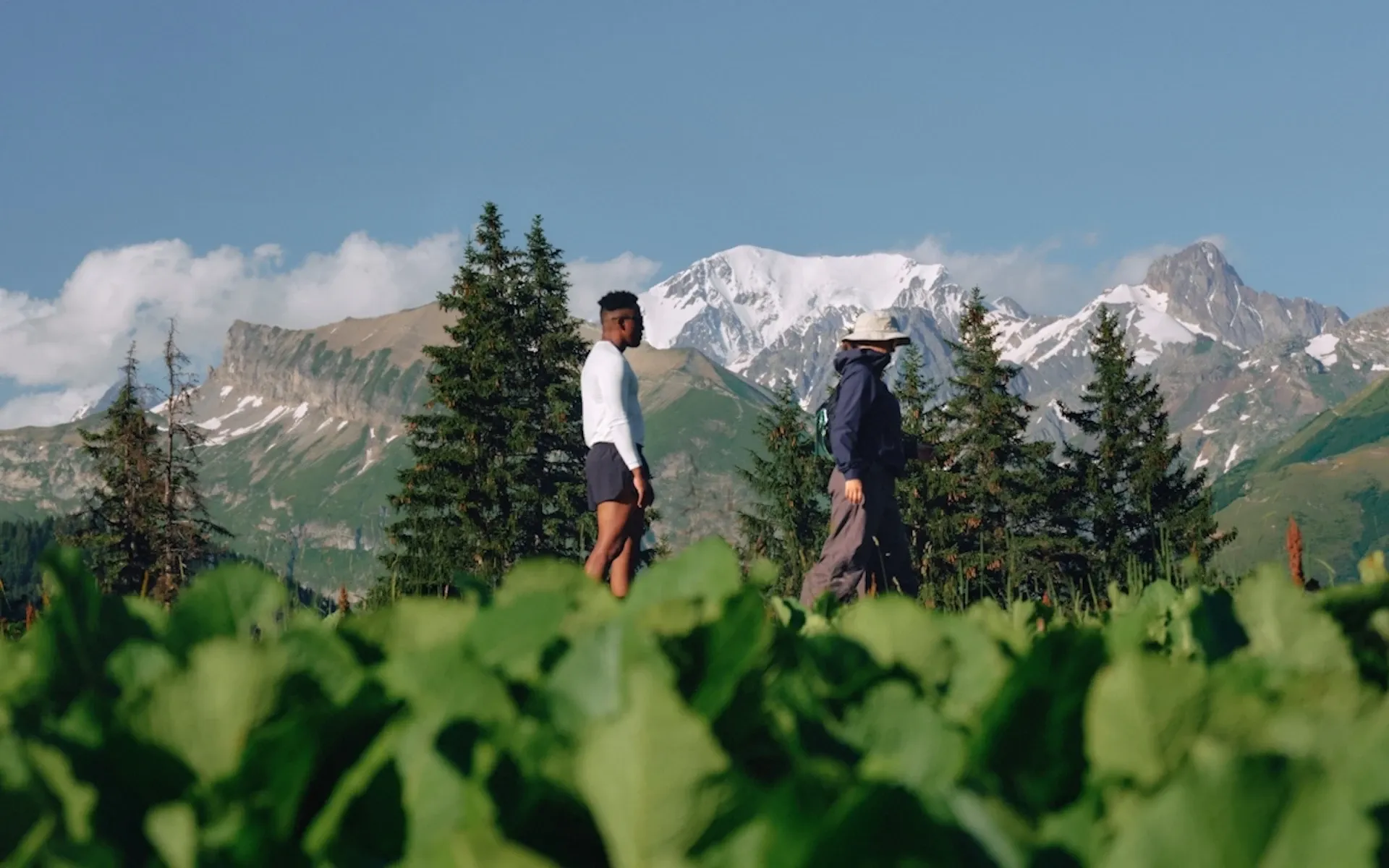
The plaintiff suggested that Johnson & Johnson used 30 unlicensed tracks across 79 posts, for each of which APM sought $150,000 in damages. The fact that APM repeatedly contacted Johnson & Johnson, with no agreement reached, shows the effort rights holders go to before filing a suit.
3. DSW vs. Warner Music Group
Warner Music Group (WMG) is not playing around in 2025. Having already sued cookie company Crumbl in April, the entertainment giant sued Designer Shoe Warehouse (DSW) the following month.
The reason? WMG claimed that DSW, along with associated social media influencers and paid partners, had “missapropriated” WMG-owned tracks on Instagram and TikTok. Like the previous cases we’ve mentioned, WMG pushed for $150,000 per misused track, of which there were over 200.
WMG’s lawsuit alleged that DSW had “licensed music for its commercials from WMG in the past” with no issues. The issue stemmed from the fact that the defendant “shifted much of its marketing focus from traditional advertising to promoting its products through social media platforms such as Instagram and TikTok.”
You’ll know many of the infringing tracks: Fleetwood Mac, Madonna, Ed Sheeran, Bruno Mars. Huge artists. The copyright mix-up could have been a result of miscommunication between brand and influencer. Or, it could have happened at an even earlier stage, as the brand shifted from traditional to social media advertising.
If brands and businesses were to reach out and obtain all the correct license before using the music, these cases needn’t happen.

Who needs to be aware of music licensing?
Even when we’ve analyzed high-profile cases, the “perpetrators” have been painted in general brushstrokes. But who needs to be aware of music licensing within a business?
- Marketing and advertising teams: If unlicensed music appears in a campaign, ad spot, or other promotional material.
- Event planners and promoters: If unlicensed music is played at a corporate or public event.
- Social media teams: If unlicensed music is used in a branded post, influencer collaboration, or other commercial material.
- Retailers and real-life spaces: If unlicensed music is played in commercial spaces like cafés, gyms, and retailers — even if they’re personal playlists.
Clearing music rights traditionally comes with a lot of baggage, especially when publishing content across multiple platforms and formats. But that doesn’t excuse copyright infringement.
Reputations and financial stability are at stake. Brands need to ensure that they’re covered, as good faith provides little protection in these cases.
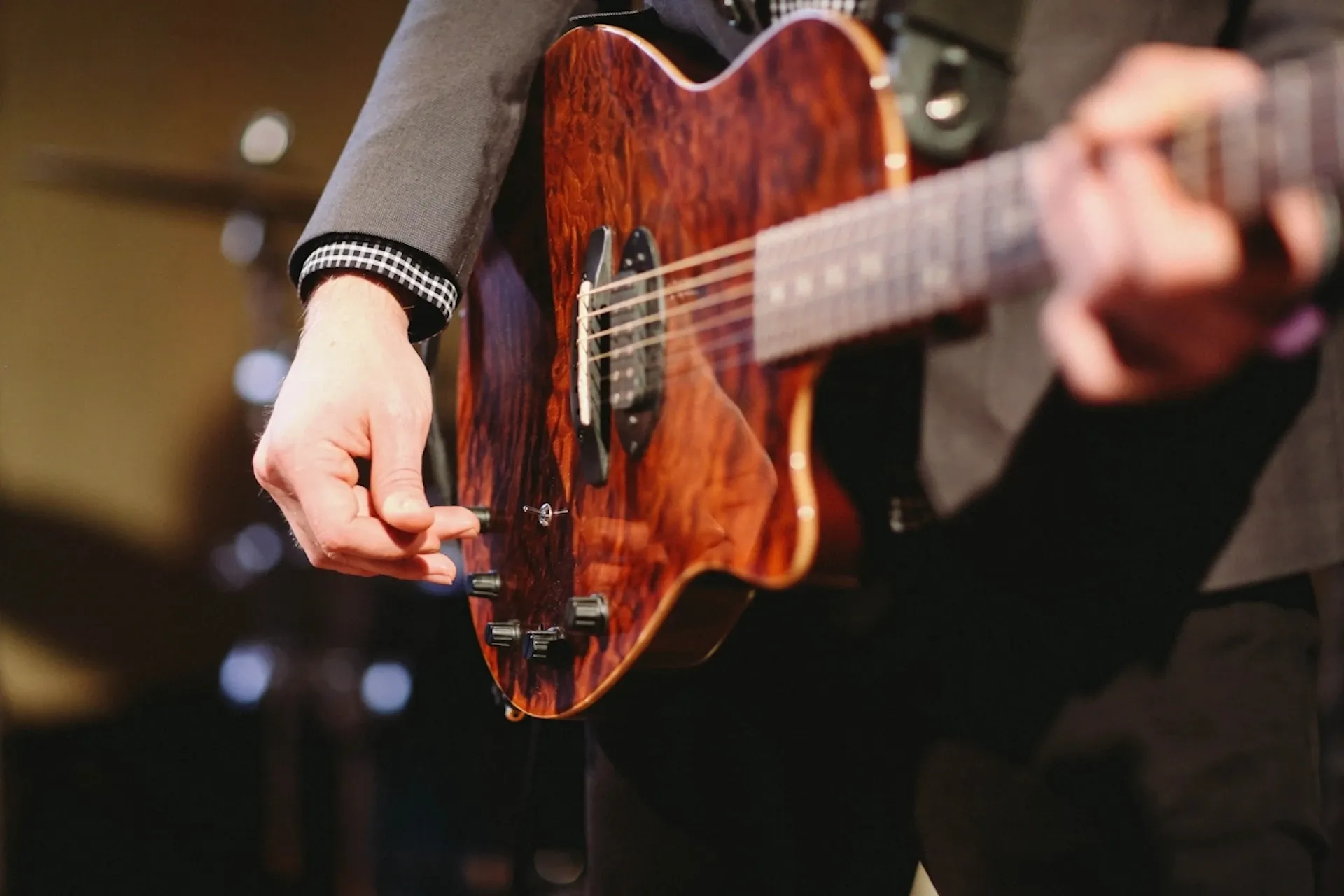
How brands can protect themselves from music lawsuits
Music lawsuits are on the rise. According to marketing attorney Robert Freund, “It’s hard to keep track of exactly how many lawsuits are being filed, especially if they’re resolved before a complaint is filed. A significant amount of disputes and a lot of money is exchanged without anyone ever knowing.”
Here’s how your business can get ahead.
1. Educate your team
Any employee working with music should learn the basics of music licensing. Take the time to unpack what they can use, where they can use it, and when. This applies to everything from ATL marketing to social media — regulations differ wildly for the latter, depending on the platform.
That can be time-consuming and costly, though. If you can’t stretch to offer personalized advice, you could instead create internal music use policies. Cover everything from marketing, social media, real-life events, and everything in between — leave nothing to chance and don’t be afraid to overexplain.
2. Plan music in advance for campaigns
Consider music and sound selection during a campaign’s early stages. This allows more time to secure the proper licenses, and gives you breathing room to find an alternate track if your first choice doesn’t work out.
3. Always follow specific use terms
Understanding the difference between personal and commercial licenses is a solid start. From there, you’ll have to check each platform through which you publish content, and the licensing terms for the tracks you plan to use.
Even if you’ve seen another brand use a track on your chosen platform, double-check the license. Ensure that you have everything you need, as your terms may be different.
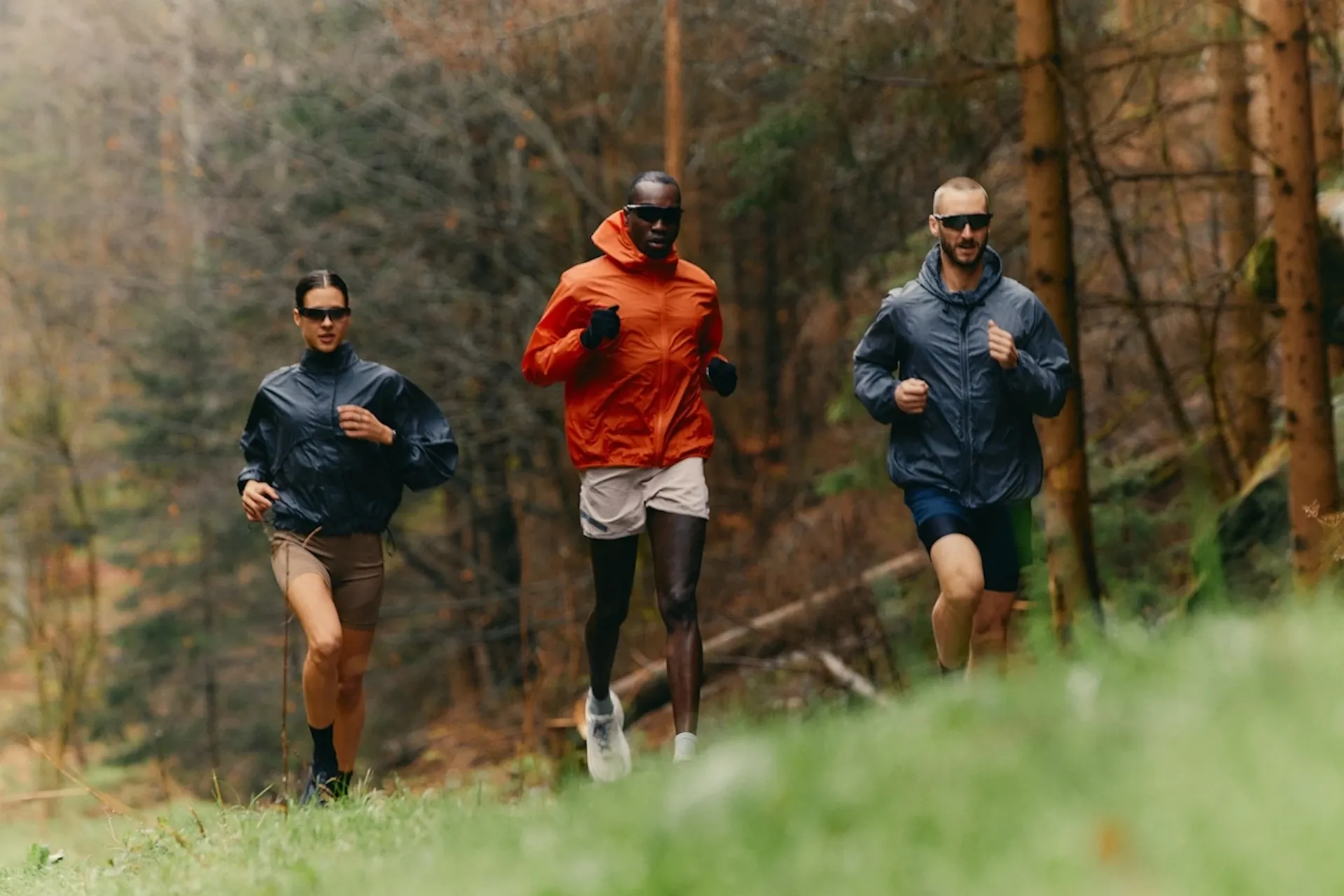
4. Use an all-rights-included solution like Epidemic Sound
Because music licensing is complicated. But when you get it right, you can rest easy knowing that your brand is safe, your customers trust you, and that you’re not short-changing any rights holders.
So, what are you waiting for? Nail copyright, steer clear of lawsuits, and take your brand to the next level with Epidemic Sound.
Wrapping up — getting music licensing right with Epidemic Sound
An Epidemic Sound subscription goes beyond royalty-free music. We own all the rights to our catalog of more than 50,000 premium tracks, removing the headache of licensing.
Regardless of platform and media switch-ups in the future, your content is safe. What you publish during a valid subscription is licensed forever, even if you choose to leave Epidemic Sound.
Bespoke, watertight, and future-proofed, our license is the perfect solution for your business.
Our Enterprise plan offers everything a brand needs to soundtrack their work. Our dedicated digital rights management team works tirelessly to ensure our licensed users don’t encounter issues when publishing content online. We’ll walk you through the licensing process, providing you and your team with the tools you need to use music safely.
Everyone from Levi’s to Warner Bros. Discovery, The Telegraph to the Miami Dolphins, trusts us to be their soundtracking platform. Don’t risk your business with a risky license — enjoy full coverage and soundtrack your brand, your way, with Epidemic Sound.
Related posts:

